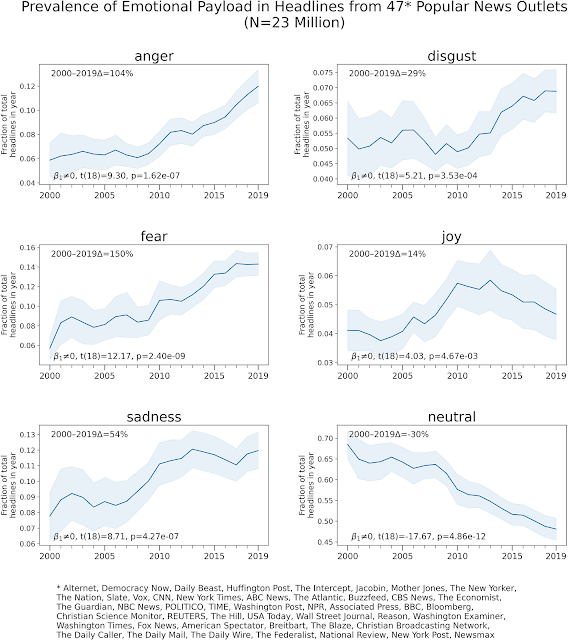Justice
On 3rd of September Will Wilkinson wrote a comment about last Amartya Sen book. Specifically he wrote about an experiment on justice (book's subject) described on the book.
The experiment was: [ you have one flute and three children who want it. One child wants the flute because she knows how to play it, the second one wants it because he is poor and doesn't have toys, and the third one says she made the flute, so she should get it. Who do you give it to?]
The point Wilkinson makes is "The correct answer is: It all depends on how “you” ended up with the flute!"
And is true. Why did you get that flute? did you produce it? then is yours, do what you want. If not, it depends on from whom have you stolen it? just give it back.
Is not a problem of justice but a problem of property rights. We don't know if it's better to give it to who it may get a bigger return or who has less is difficult to weight it. The first could suposse on latter periods to have a bigger output to be shared and then a bigger portion to be given to the poor boy.
Hume wrote: "No one can doubt, that the convention for the distinction of property, and for the stability of possession, is of all circumstances the most necessary to the establishment of human society, and that after the agreement for the fixing and observing of this rule, there remains little or nothing to be done towards settling a perfect harmony and concord."
But even then, even if we know who is the owner of that flute, we should not leave somebody whitout flutes (read food). And even less if it's about children because equal opportunities.
So it all depends on common values and probably on income. A second flute is better redistributed by property rigths.
A forever dichotomy about equality and incentives.
Best explained on : http://www.willwilkinson.net/flybottle/2009/09/03/the-tragic-flute/
The experiment was: [ you have one flute and three children who want it. One child wants the flute because she knows how to play it, the second one wants it because he is poor and doesn't have toys, and the third one says she made the flute, so she should get it. Who do you give it to?]
The point Wilkinson makes is "The correct answer is: It all depends on how “you” ended up with the flute!"
And is true. Why did you get that flute? did you produce it? then is yours, do what you want. If not, it depends on from whom have you stolen it? just give it back.
Is not a problem of justice but a problem of property rights. We don't know if it's better to give it to who it may get a bigger return or who has less is difficult to weight it. The first could suposse on latter periods to have a bigger output to be shared and then a bigger portion to be given to the poor boy.
Hume wrote: "No one can doubt, that the convention for the distinction of property, and for the stability of possession, is of all circumstances the most necessary to the establishment of human society, and that after the agreement for the fixing and observing of this rule, there remains little or nothing to be done towards settling a perfect harmony and concord."
But even then, even if we know who is the owner of that flute, we should not leave somebody whitout flutes (read food). And even less if it's about children because equal opportunities.
So it all depends on common values and probably on income. A second flute is better redistributed by property rigths.
A forever dichotomy about equality and incentives.
Best explained on : http://www.willwilkinson.net/flybottle/2009/09/03/the-tragic-flute/


Comments